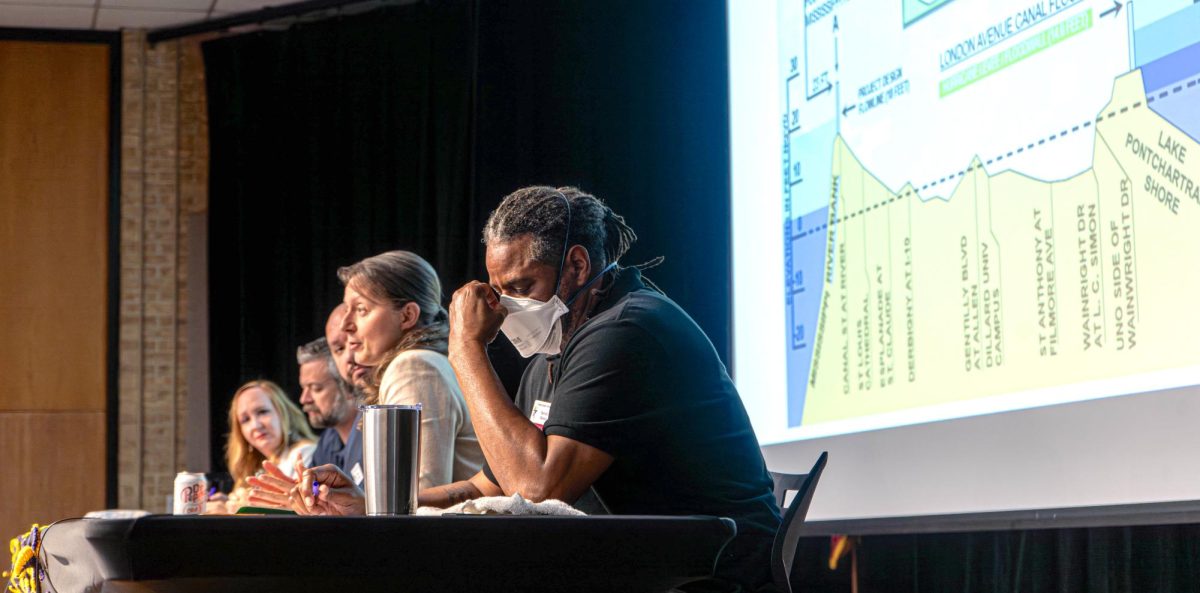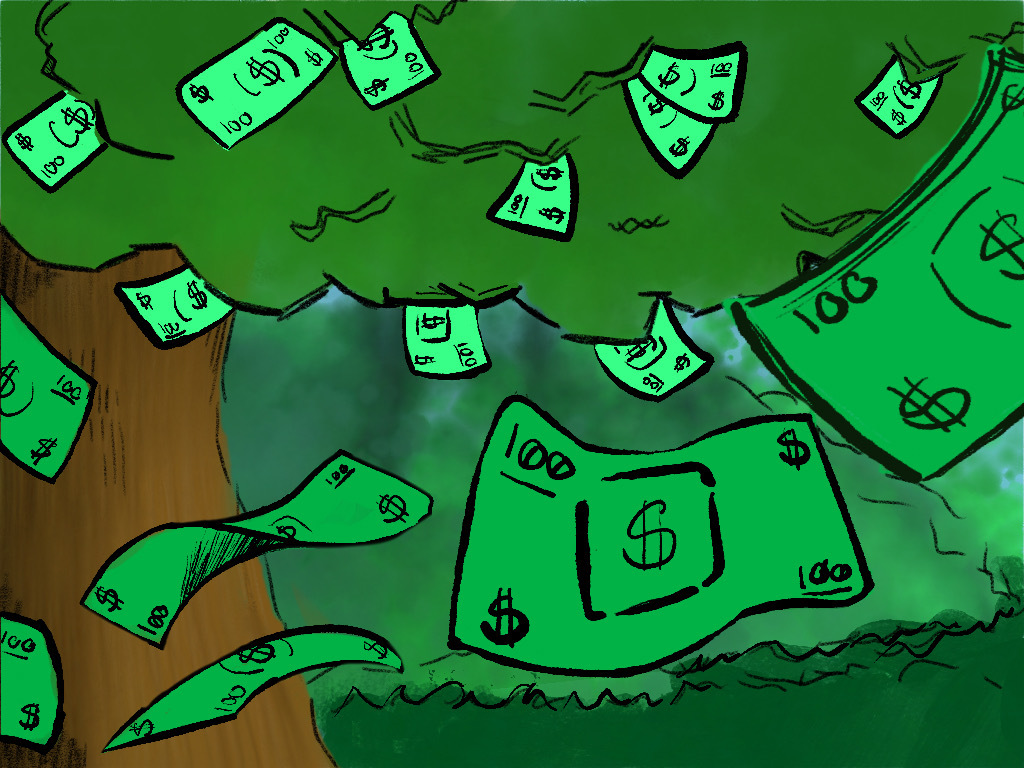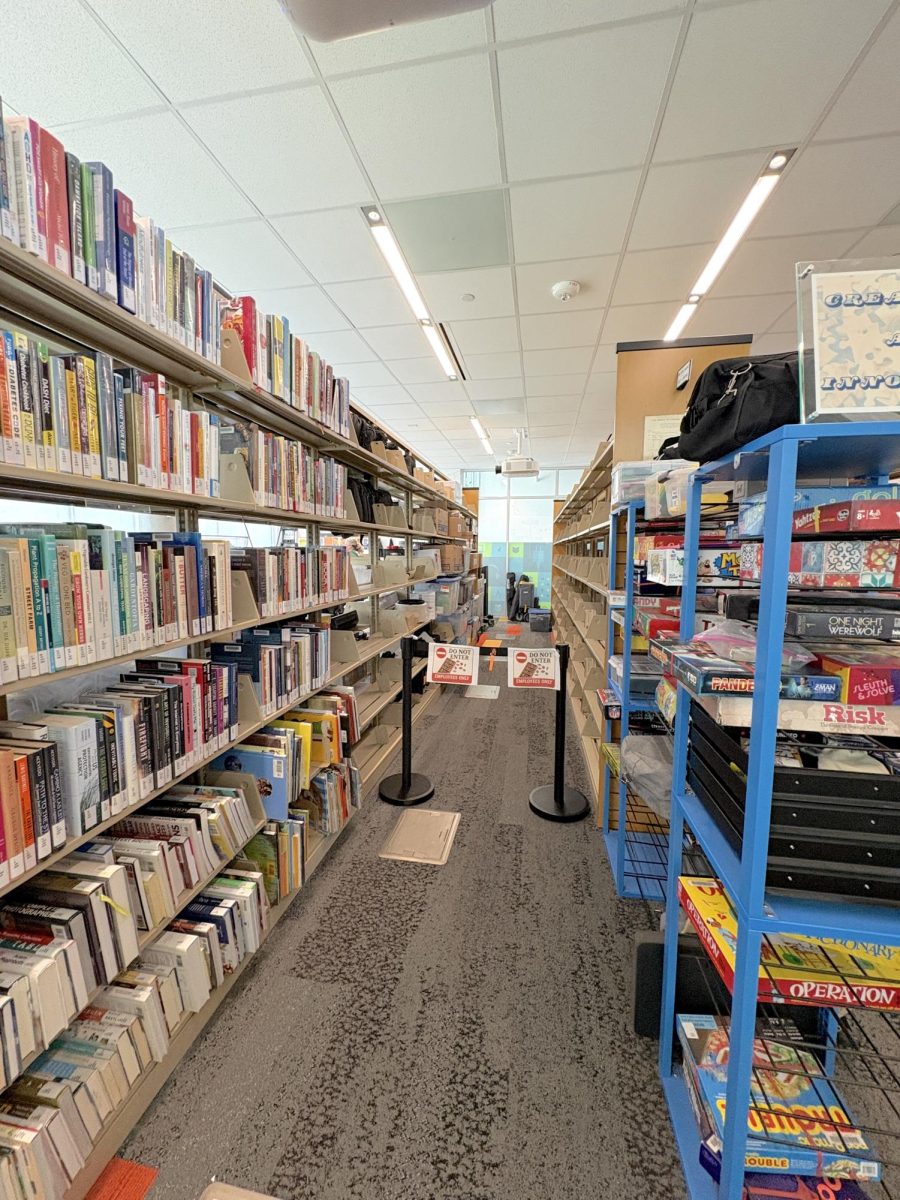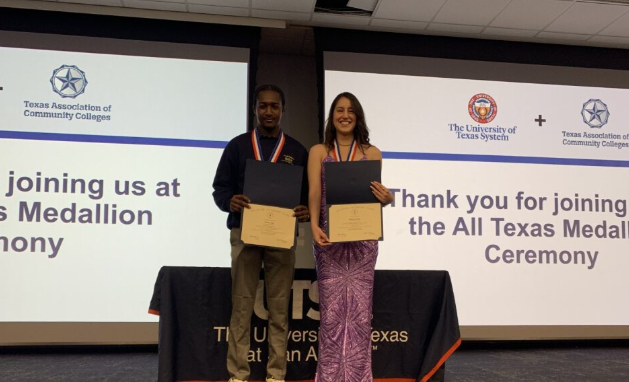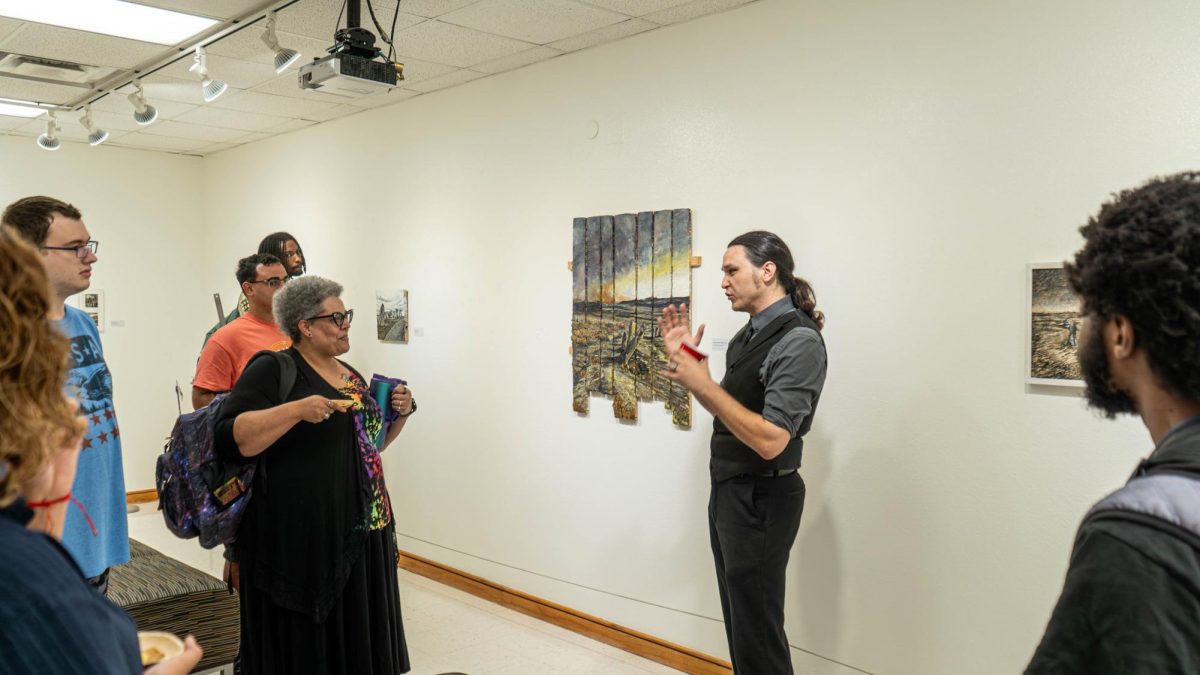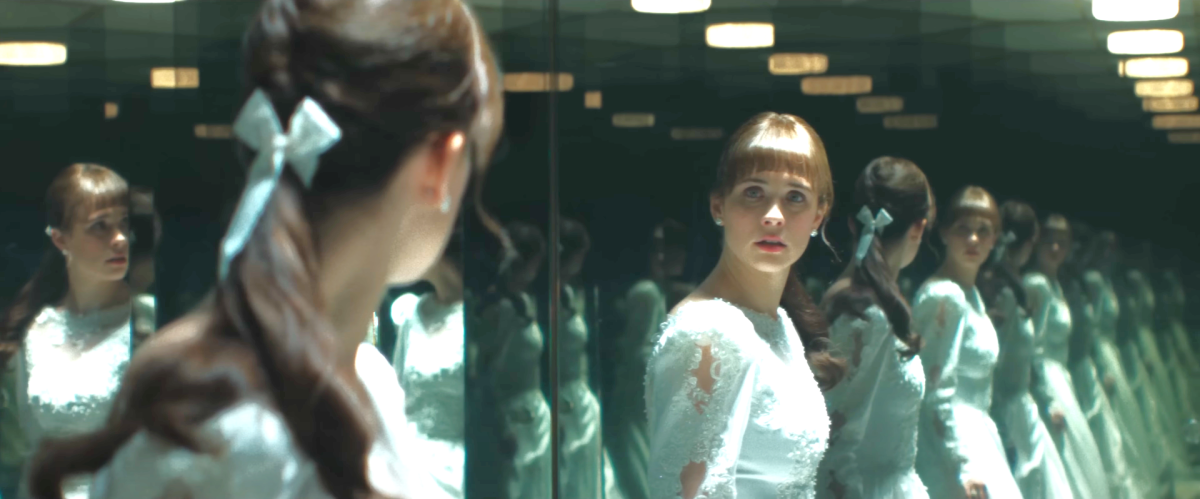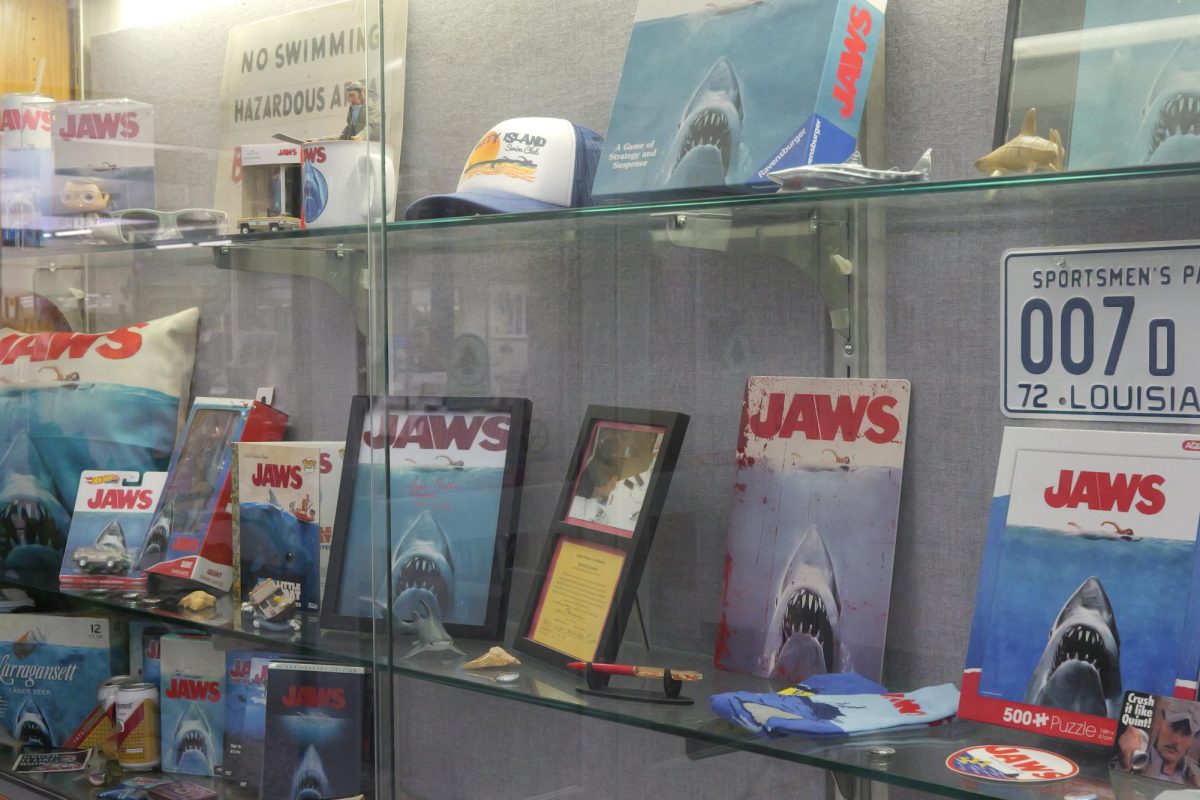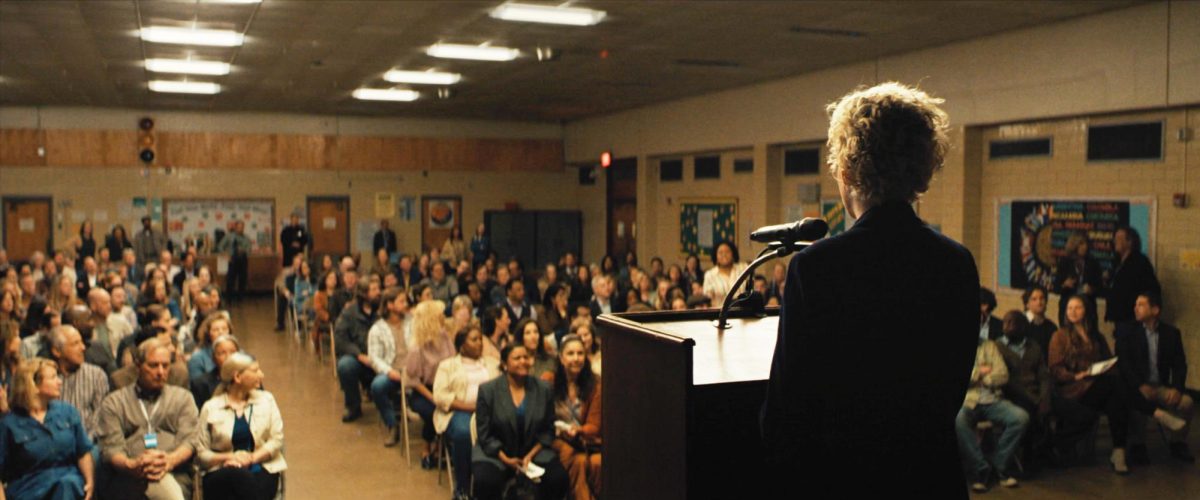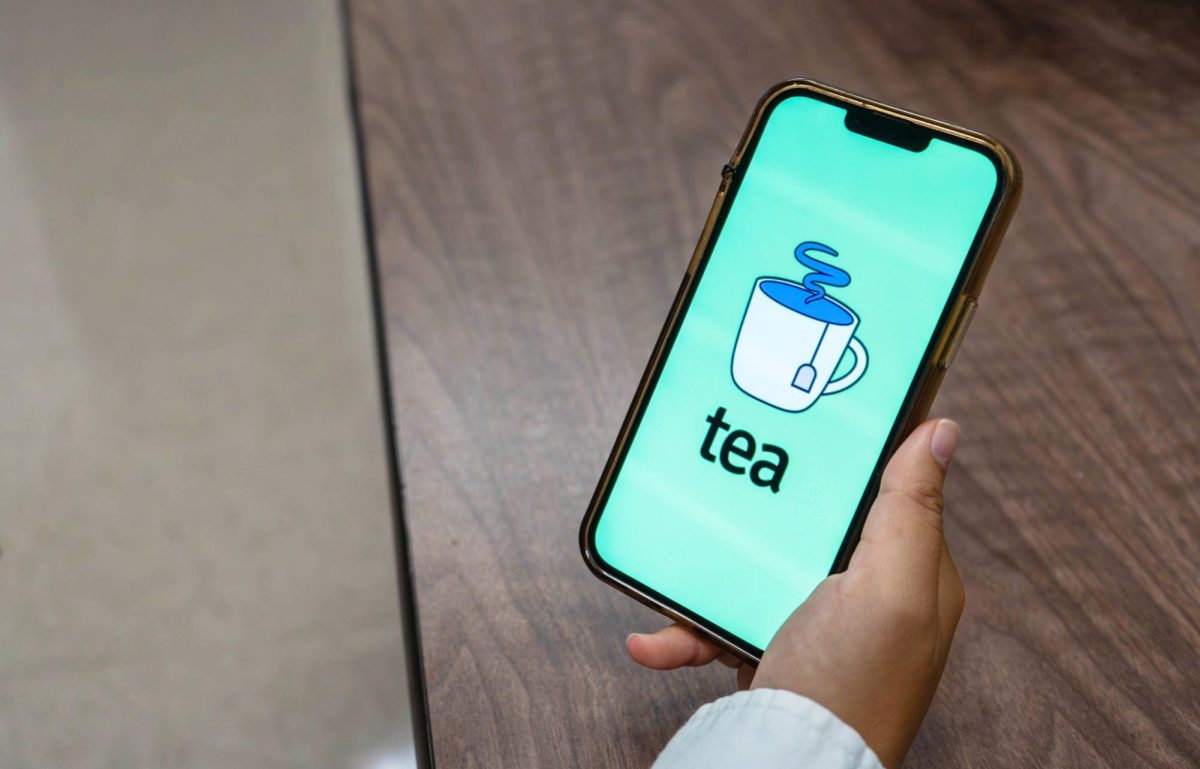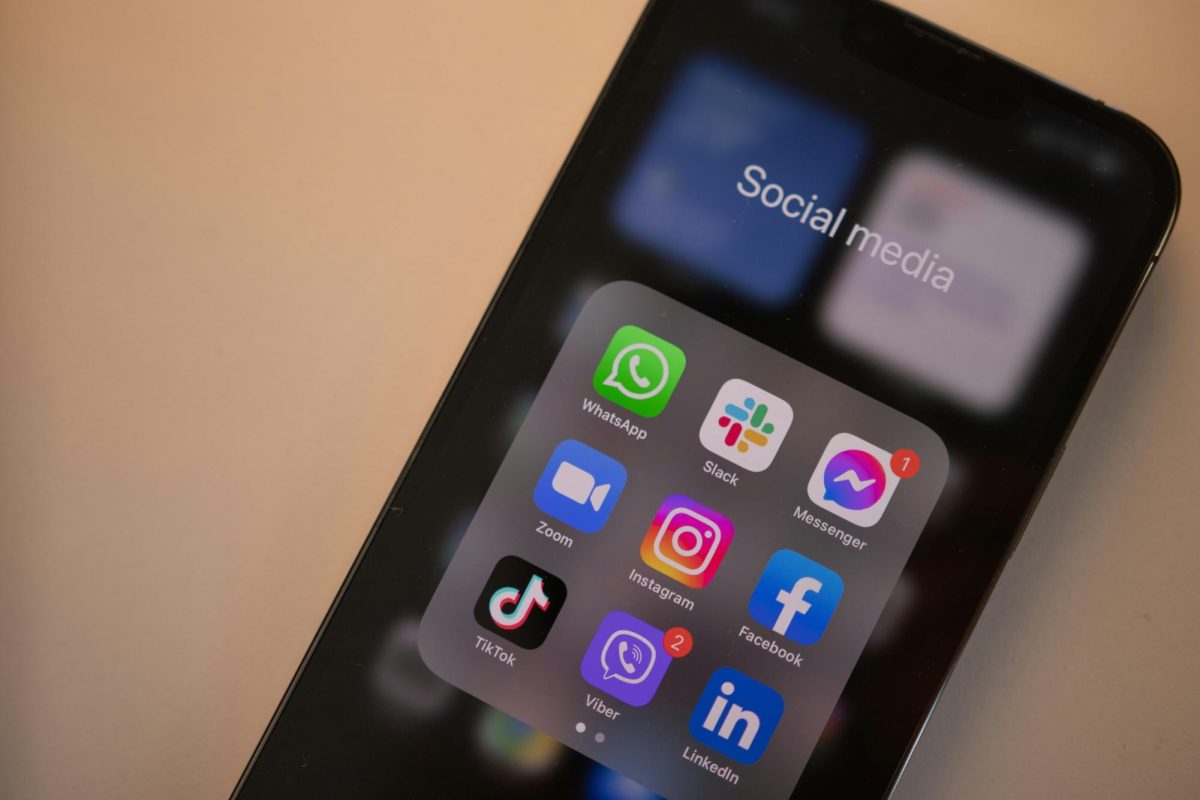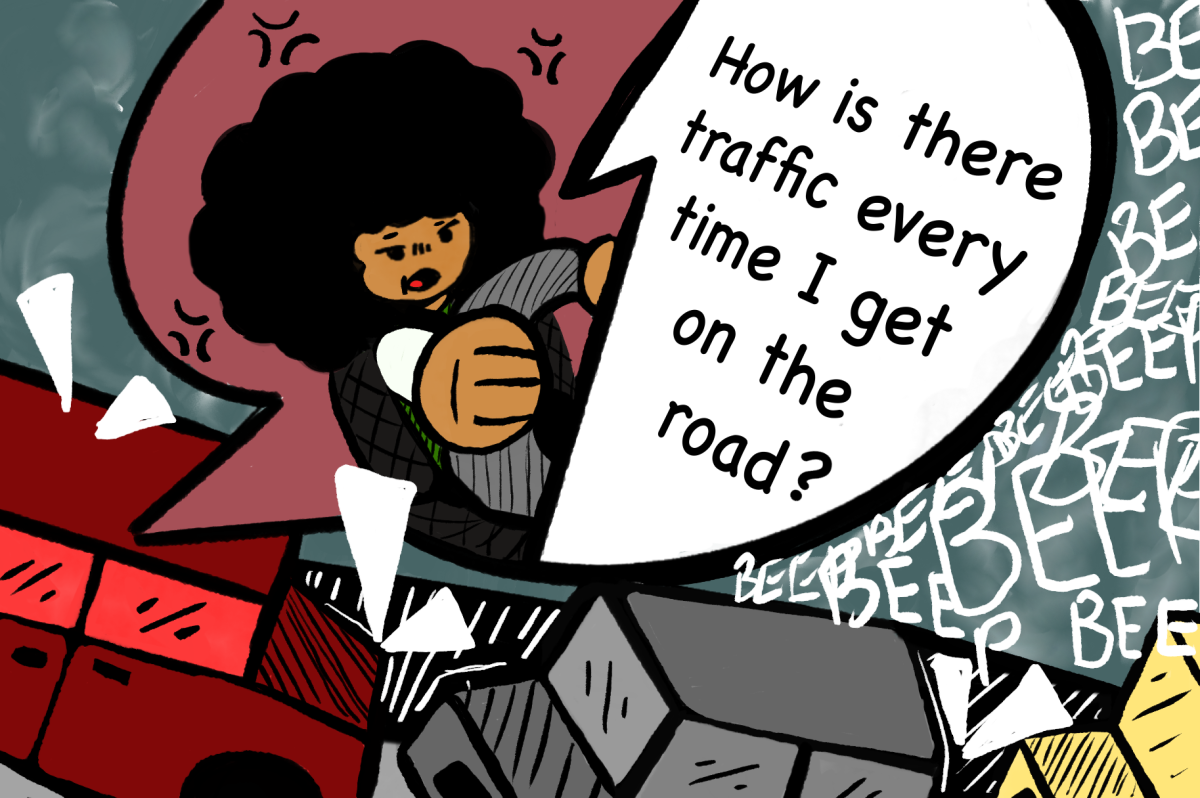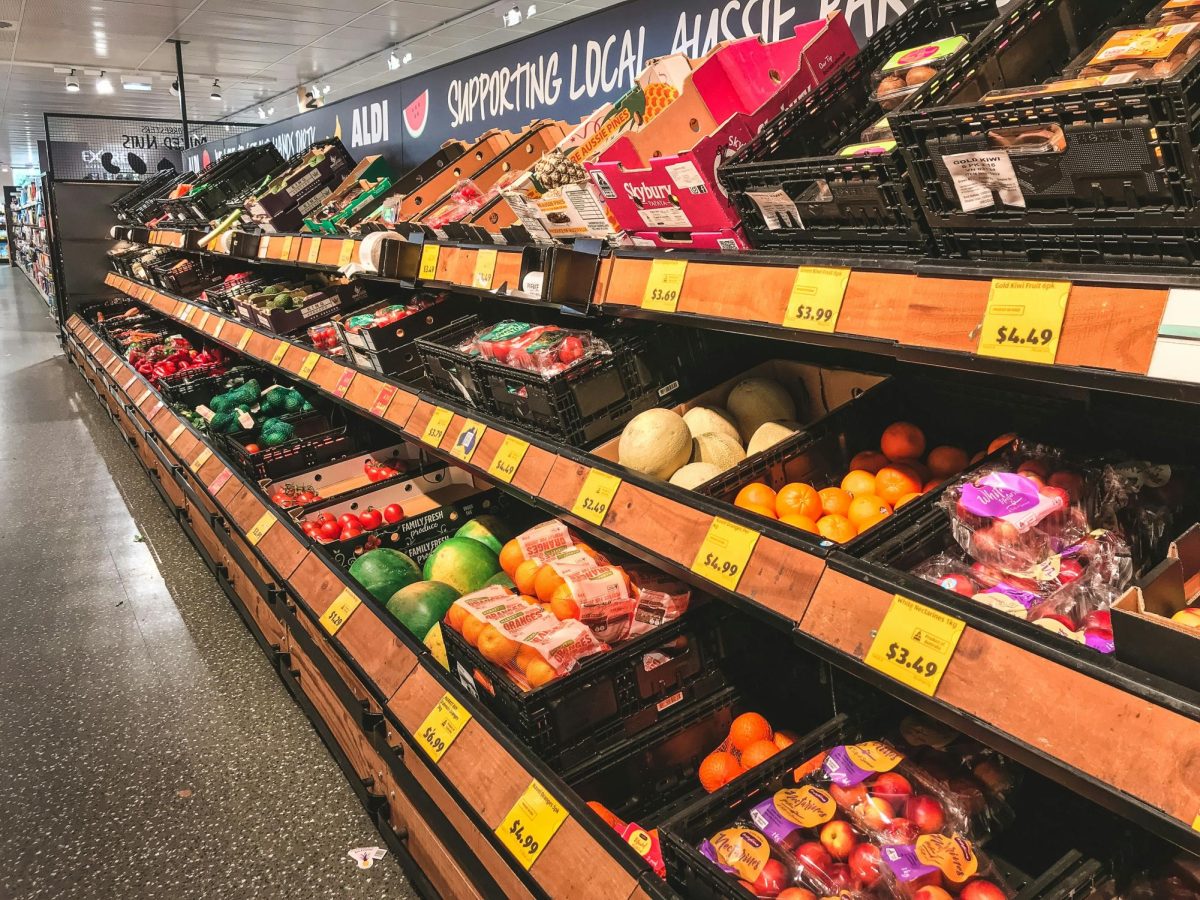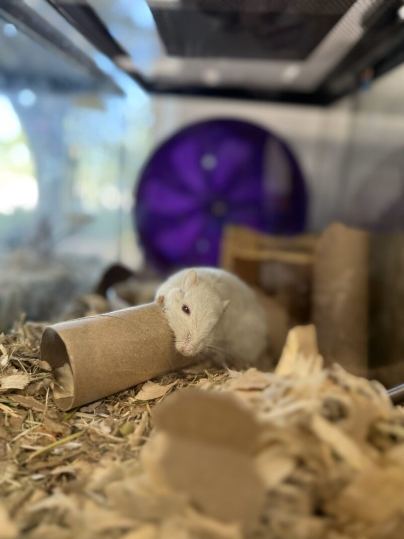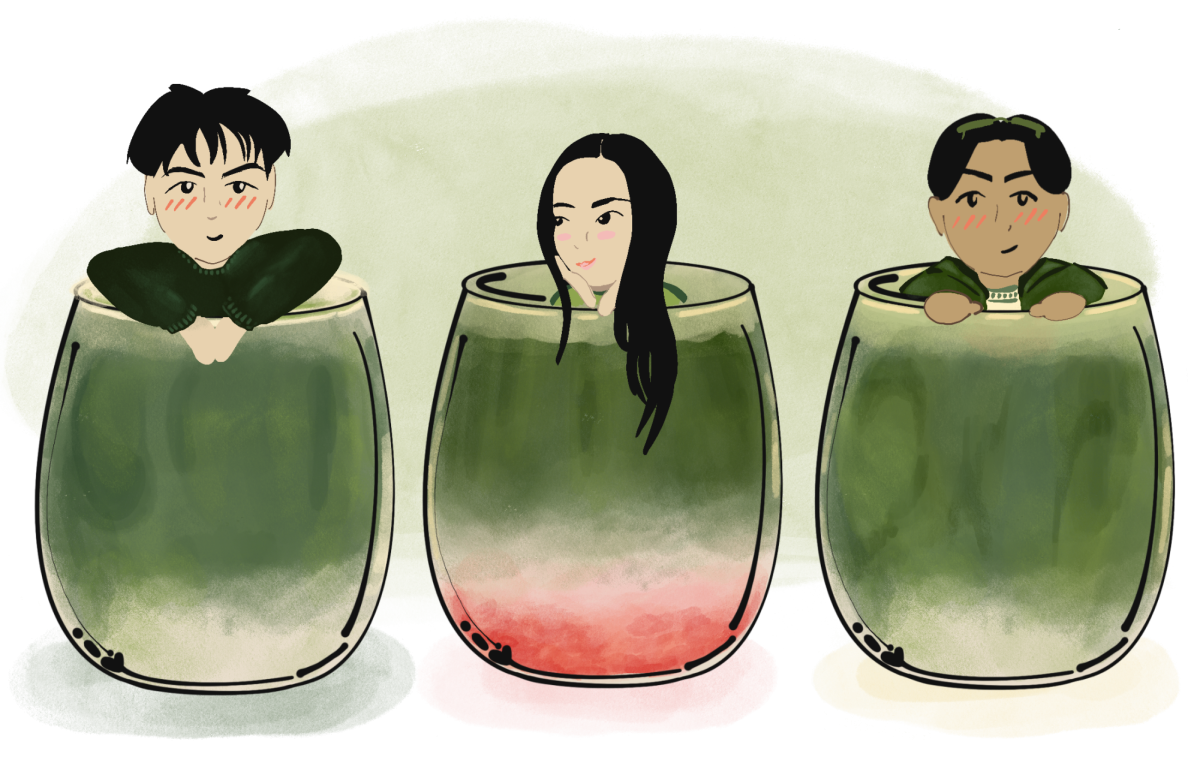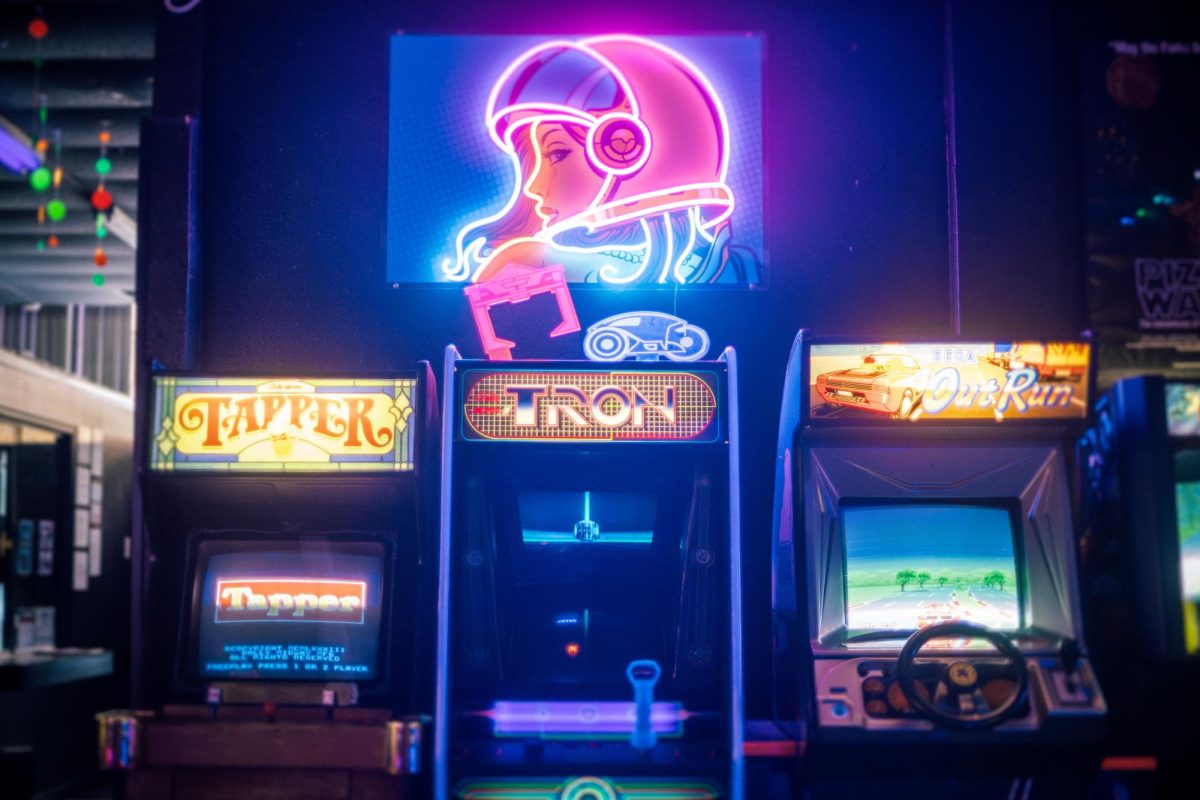By Shelly Williams/se news editor
Paying attention to what consumers buy and to the sentimental value of things can help make the environment healthier and save money, said guest speaker Dala Mulholland March 31 at the SE Campus seminar Plan It Green.
The president of Elite Time Management, Mulholland spoke during a free salad lunch of how cleaning up the environment begins in the household by organizing better.
“It’s really hard to be a consumer and know what is green,” she said. “But you can control what comes into your own home. Most of us can.”
Often consumers hoard because they can’t differentiate between the item and the memory that came with it, Mulholland said. So people hold onto it for long periods of time, like an item a best friend gave you back in fourth grade or every paper a son and daughter completed in a school career.
“We have to help them get to a point and realize that their memories and relationships do not disappear with stuff. It’s not attached to stuff,” she said.
Organization improves by becoming aware of what consumers buy and buy again, along with knowing where an item is placed in the house because they think they’ve lost it or let someone borrow it who never returned it.
“It’s not uncommon at all for someone to have 17 hammers or 42 Phillips-head screwdrivers all the same size,” she said. “People just know they need it, but they can’t find it so they keep purchasing and purchasing and purchasing. If they had a place for the hammer or the screwdriver, they know right where to go for it and wouldn’t have to keep purchasing and purchasing.”
The other side of that is cleaning the clutter out of the house, Mulholland said.
“It’s much easier to go through and keep a home that’s organized than cleaning,” she said.
“It’s good for your health, allergies, etc. You can use harsh chemicals or no chemicals depending on what you’re working on. It’s much easier to do with a well-organized environment than it is to clean some of the things we won’t discuss during lunch.”

